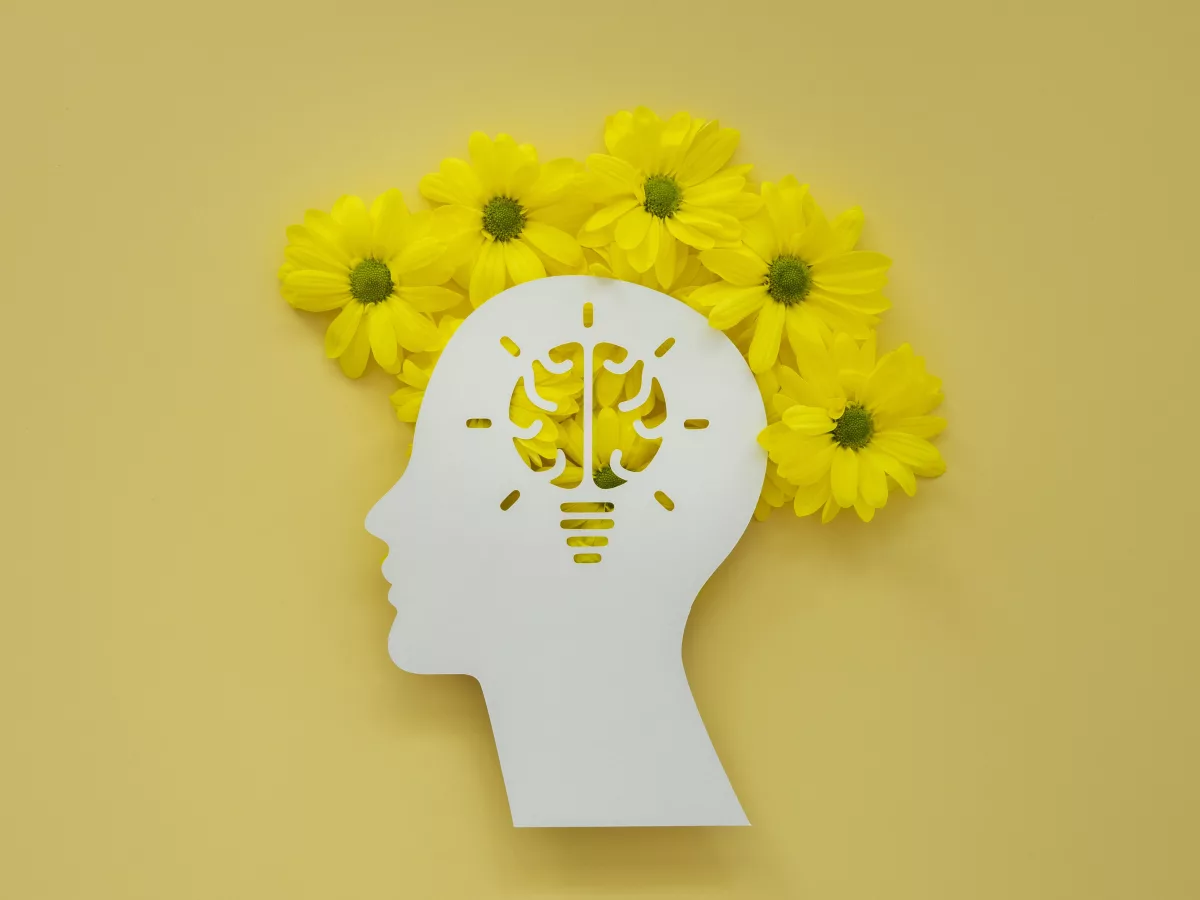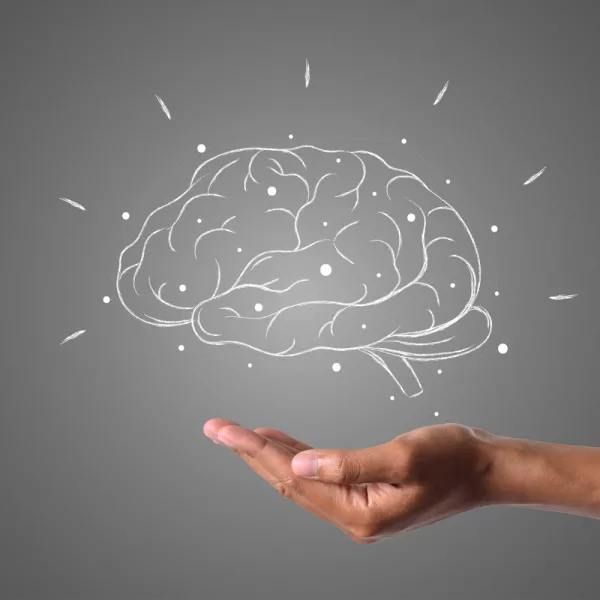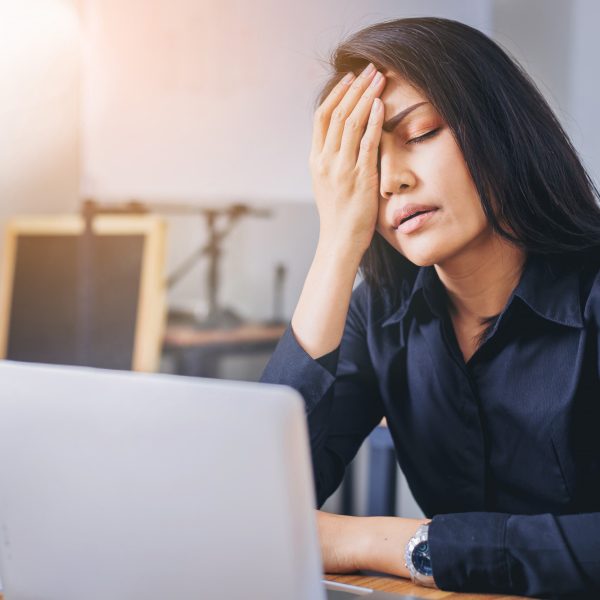What are endorphins?
Endorphins are hormones that are released every time your nerves send pain signals to your brain. Your brain – or more specifically, your pituitary gland and your hypothalamus – releases endorphins to block off your pain sensation, which allows you to continue to function. The name ‘endorphins’ actually comes from the words ‘endogenous’ – meaning that it originates from within the body and ‘morphine’ from the pain-relieving drug, which is the effect the body recreates when it releases endorphins.
While there are over 20 types of endorphins produced by the body, the most well-known, and best researched, of them are beta-endorphins, which are associated with a variety of functions, like reducing stress and anxiety, regulating sleep, regulating appetite and even improving your confidence and self-esteem.
Like dopamine, endorphins are also associated with the reward center of the brain – that is, every time we take part in an action that is pleasurable to us, endorphins are released. This includes everything from eating, having sex, exercising or even laughing. That’s why many runners report a ‘runner’s high’ – a feeling of intense euphoria or contentment – after a bout of intense running. It’s the endorphins being released in their bodies.
.

Endorphins and mental health – what’s the connection?
Endorphins are intrinsically connected with how we feel. We naturally tend to avoid pain, and low levels of endorphins can cause both physical and mental distress. Physically it can lead to conditions like fibromyalgia – chronic aches and pains in your body, mentally, it can make you more prone to depression, since endorphins are also connected with how our body releases dopamine, another feel-good neurotransmitter. Low levels of endorphins can also leave us feeling more stressed, anxious and worried or have trouble sleeping, or make us more prone to impulsive actions or self-harm.
How to boost endorphin levels
So, how can we naturally boost our endorphin levels?
- Exercising: It’s well-established that endorphins are boosted by exercise. It doesn’t have to be as intense as a ‘runner’s high’, even moderately intense aerobic exercise can lead to a boost in endorphins.
- Laughing: Watching a comic show or hanging out with your funny friends can help you boost endorphins, serotonin and dopamine by laughing.
- Listening to music: Music significantly impacts our mood – both endorphins and dopamine are boosted when you listen to upbeat music. In fact, recent studies have shown that it might even help you exercise longer by reducing exercise-induced pain. Music therapy is also becoming an established practice in hospitals.
- Getting acupuncture: Acupuncture is the practice of inserting needles into your skin at specific pressure points to stimulate the central nervous system and it has been shown to boost endorphins in our system.
- Meditating: Studies have found that meditation may be linked to a boost in endorphins. It has also been connected with a general increase in pain tolerance or management of chronic pain.

















Share this article